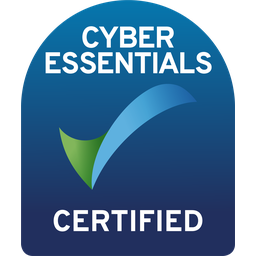In 2025, we’re seeing around 20.5% of people worldwide actively using voice search, visual search increasing by 130% since 2023, and the Natural Language Processing market is anticipated to be valued at $328.8 billion by 2030. Of course, we can’t forget AI search, which can appear for as much as 19% of search queries.
To rank organically in Google, much of SEO remains the same, but for these varying methods of search, more and more emphasis must be placed on the brand’s presence and authority within their industry. And this isn’t just the case for small businesses.
It Can Happen To Anyone
Diluting Brand Authority Results In Organic Visibility Drop
Create A Trusted Brand
According to Backlink.io, branded keywords typically show higher CTR and lower bounce rates than non-branded keywords, as users tend to trust established names more readily. An example of branded searches are when someone searches ‘Nike lifting shoes’ rather than ‘lifting shoes’ because people trust Nike (for balance I actually have Adidas ones!). For CMOs, this means the focus should no longer just be on ranking for specific keywords but on creating a trusted brand that users actively seek out.
The Hubspot Example
Between November 2024 and January 2025, HubSpot’s organic traffic plummeted from 13.5 million to 6.1 million monthly visits. Although their content was well-written and accurate, it covered off-topic subjects like “cover letter examples” and “sales quotes” that diluted their authority as a CRM and marketing platform. Even industry leaders can suffer massive organic visibility drops when their marketing strategy, or lack thereof, undermines their topical authority.
The Authority-First SEO Shift
What Defines a Strong Brand in SEO?
The definition of a strong brand in the context of SEO extends beyond traditional metrics.
The best part is, none of this is new! We’ve been banging on about Expertise, Experience, Authority and Trust for a very long time.
These are signals Google uses to determine your brand authority and how you should be ranking for certain queries.
But what defines a strong brand in SEO? There are several key components that determine brand strength:
Click below to expand
Users searching for your company or business directly rather than using broader keywords.
These indicators are vital because Google increasingly uses them to gauge which brands users trust and expect to find in their search results.
Marie Haynes uses these factors to explain why sub-par content can rank over better content from smaller brands:
“Sometimes Google is going to recommend content that is popular, but not necessarily the best. But because it comes from a place users generally trust as authoritative, it's okay.”
"89% of consumers worldwide check reviews before purchasing."
- Trustpilot
Take Action
Brand Authority Pillars for Businesses
1. Invest in Third-Party Reviews and Earned Media:
Google considers third-party reviews when ranking websites, particularly in e-commerce. Managing and improving these reviews can bolster your brand’s SEO standing, and platforms like Google even include these reviews in product listings.
It’s also important to invest in strategic partnerships and earned media opportunities – creating buzz through PR, influencer marketing, and social media can amplify your brand authority.
2. Optimise for Brand-Specific Keywords:
3. Thought Leadership Content That Showcases Expertise:
Money Money Money
The Budget Dilemma
We appreciate that budgets are tight. It might be tempting to look at some of the short-term SEO tactics (re-optimising your site, creating lots of new content, targeting broader keywords, etc) and think they’re going to generate the bigger payoff, but as you can see from what we’ve discussed above, SEO priorities have shifted.
Put the groundwork into building long-term authority and you’ll see long-term results.
Budget allocation towards foundational SEO is extremely important, but beyond that, you want to direct resources towards the actions above. It’s currently one of the only ways you can future-proof against algorithm changes.
You can’t afford to ignore one of the only ranking factors that is shared between AI search results and organic search.
It could take upwards of six months to start seeing growth, but the results should be more sustainable and favoured by Google.
Putting it all together
Bring the FAM together: Fundamentals, Authority & Measurement
Don't Forget the Fundamentals
- Getting your technical SEO right and continuing to monitor for any site health issues will make sure your website is in the best position to rank.
- Site performance and user experience needs to be exemplary. We all know how small our attention spans are these days. A website that is difficult to use or slow will directly impact both your conversions and your ability to rank.
- Rely on local business? Local SEO cannot be ignored. Ensure your Google Business Profile is up-to-date and accurate, including map results, and keep on top of your local search queries.
- Update your keyword analysis regularly and use your findings to drive quality, well-researched content that supports your main business goals.
Foundational Fundamentals
See how ensuring your foundational SEO is as strong as it can be from the get-go can set your marketing strategy up for success.
Non-negotiable Authority Building Actions
- Build a content library that cements your place in the industry
- Look to the wider world; events, podcasts, newspapers, magazines, and more are all areas to expand into.
- Ensure trust in your brand is maintained and grown. Keep on top of reviews and your brand’s online presence.
Intangibility vs Tangibility: No Measurement, No Story
- Third-party authority scores: Tools such as Semrush, Moz, and Ahrefs all have different versions of this, and they aren’t exactly what Google sees, but they should give you an idea of whether this is trending upwards or downwards.
- Increased brand searches.
- An increase in volume of ranking keywords.
IN CONCLUSION...
Brand Authority is the Emerging Hero of SEO
Is your brand strong enough to keep up?
We’d love to help you discover what you can do to boost your brand authority. Grab a quick chat or book in for a free SEO audit – we’ll give you some quick tips on what is and isn’t working for you.






